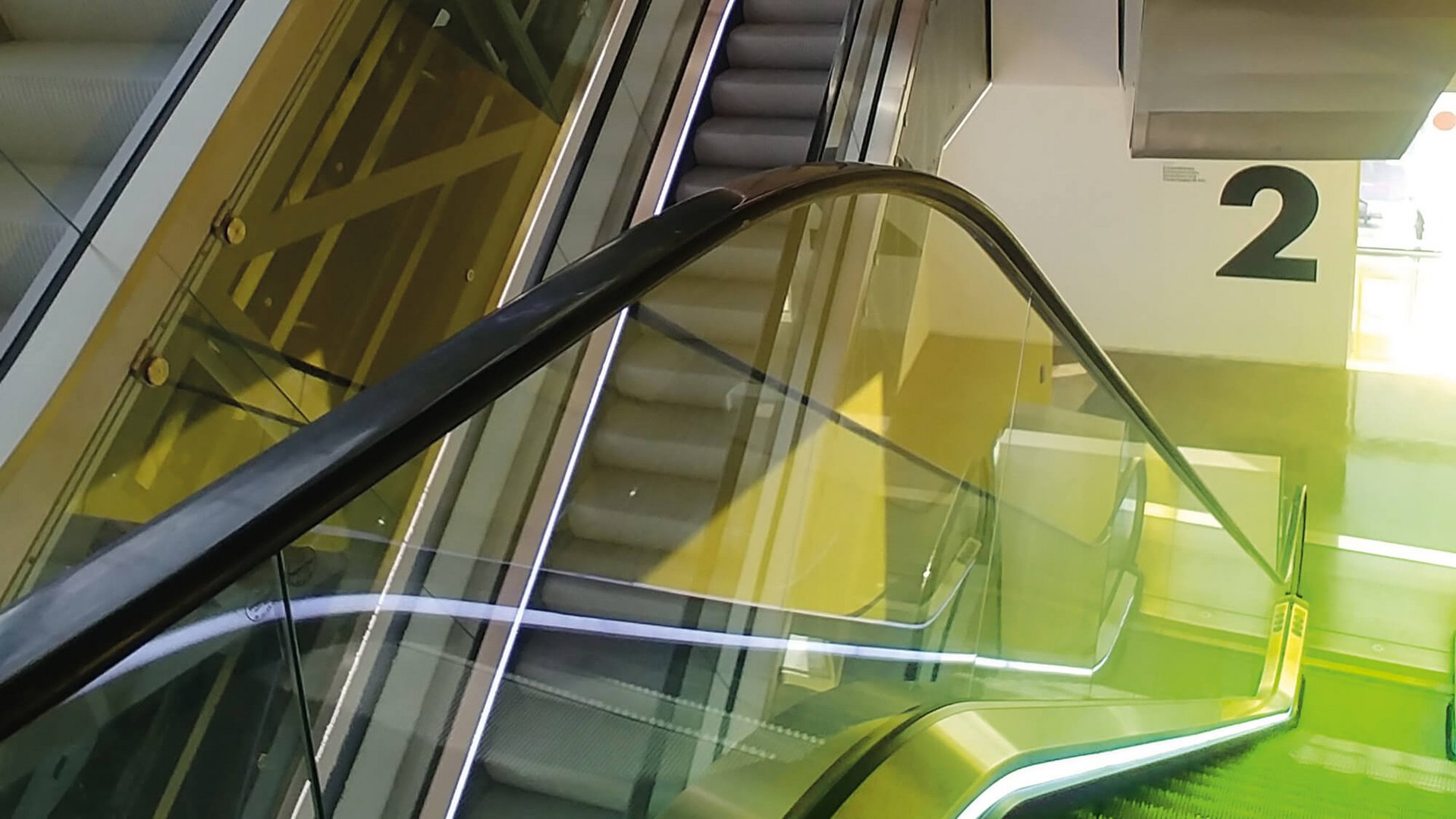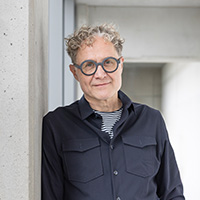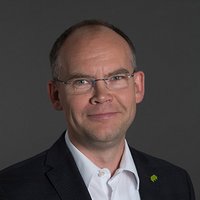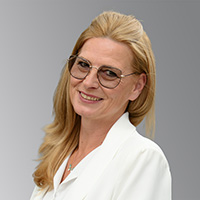The master's degree program "Technical Property Management" was created with the aim of providing students with a comprehensive understanding of real estate and technology.
The continuing education master's program was created with the aim of giving working people the opportunity to further educate themselves, after their academic degree and after sufficient professional experience, in the comprehensive idea of building management from the interaction between real estate and technology.
The scientifically based and application-oriented training is, for example, suitable for:
The continuing education master's program was created with the aim of giving working people the opportunity to further educate themselves, after their academic degree and after sufficient professional experience, in the comprehensive idea of building management from the interaction between real estate and technology.
The scientifically based and application-oriented training is, for example, suitable for:
- Project developers and energy consultants who want to develop complete concepts
- Architects, civil engineers and site managers involved in the operation of buildings
- People who work in technical property management and would like to further their education
Due to the environmental targets defined by the Federal Government in the National Action Plan for Energy Efficiency, which stipulate an 80% reduction in the final energy consumption of buildings by 2050, it is necessary to increase the efficiency of the energy used. Technical property management is gaining in importance due to the increasingly complex technical building installations and the associated complexity in planning, construction, adjustment and control.
The buildings need about 1/3 of our total energy in Germany. More than 50% of this is needed for heating alone. If buildings are cooled even more, the percentage is well over 70% and yet many properties do not work. People do not feel comfortable in them.
The well-being can be increased and 10 to 30% of the energy loss can be avoided. The reasons for the poor efficiency of the systems and a lack of well-being in buildings are mainly due to:
The buildings need about 1/3 of our total energy in Germany. More than 50% of this is needed for heating alone. If buildings are cooled even more, the percentage is well over 70% and yet many properties do not work. People do not feel comfortable in them.
The well-being can be increased and 10 to 30% of the energy loss can be avoided. The reasons for the poor efficiency of the systems and a lack of well-being in buildings are mainly due to:
- the complexity of the facility
- the coordination of the individual system components with each other
- incorrectly dimensioned power generation and distribution
- compensation of system defects by their performance
- changed or never correctly set control parameters
What's in store for you
The modular structure of the study program means that there is no mandatory assignment of the individual modules to individual semesters. This gives students the opportunity to accelerate their studies. The courses for this purpose are regularly held as block events on Fridays and Saturdays.
The scientifically based and application-oriented training comprises content from the following areas:
- Corporate management
- Property valuation
- Building preservation
- Facility management
Through a multitude of options from the first semester onwards, students can design their course of studies according to their own preferences and define personal focuses and specifications.
Upon successful completion of all required modules (90 ECTS) and the master's thesis (20 ECTS), graduates will be awarded either the academic title Master of Engineering (M. Eng.) or Master of Sciences (M. Sc.) on the basis of the completed elective modules.
Personality-building and leadership-promoting events on rhetoric, negotiation and discussion, leadership and conflict management, as well as organisational events on time and knowledge management are offered both as modules and taught in subject-related courses.
- Commercial: Real estate departments of banks and insurance companies, offices, trade, building leasing
- Industry: Train station and airport operators, supply and disposal companies, transport companies, real estate funds
- Churches: Building departments, social services, hospitals and nursing homes
- Public sector: Municipal building management, owner-occupied enterprises, building yards
- Housing industry: Property developers, technical departments
- Project developers
- Project management offices
- Engineering and architectural offices
- Consulting (operating concepts, energy management)
- Contractors
- Suppliers of technical building equipment
- Building services companies
- Property management companies
- Facility services companies
- Providers of private-public partnerships (PPP)



